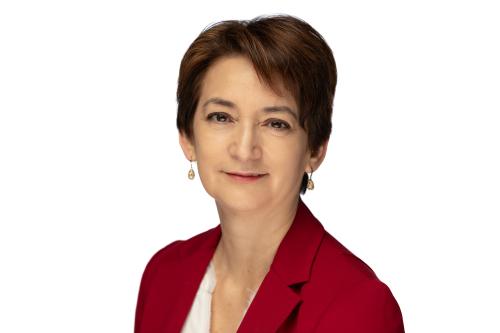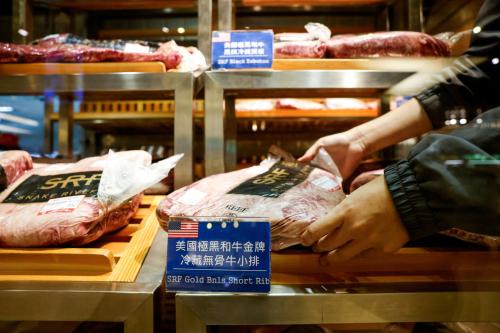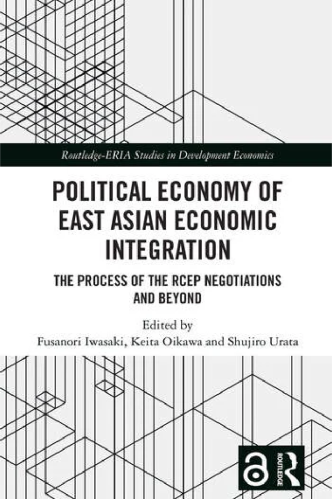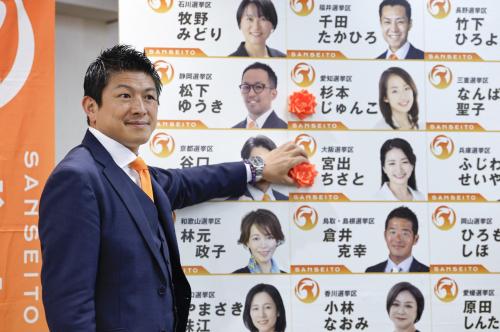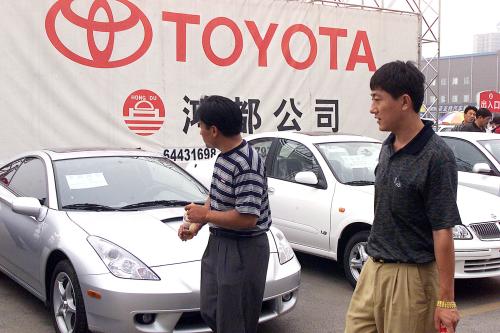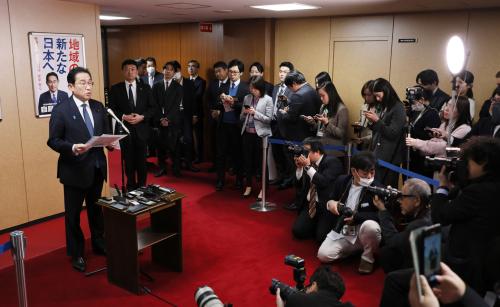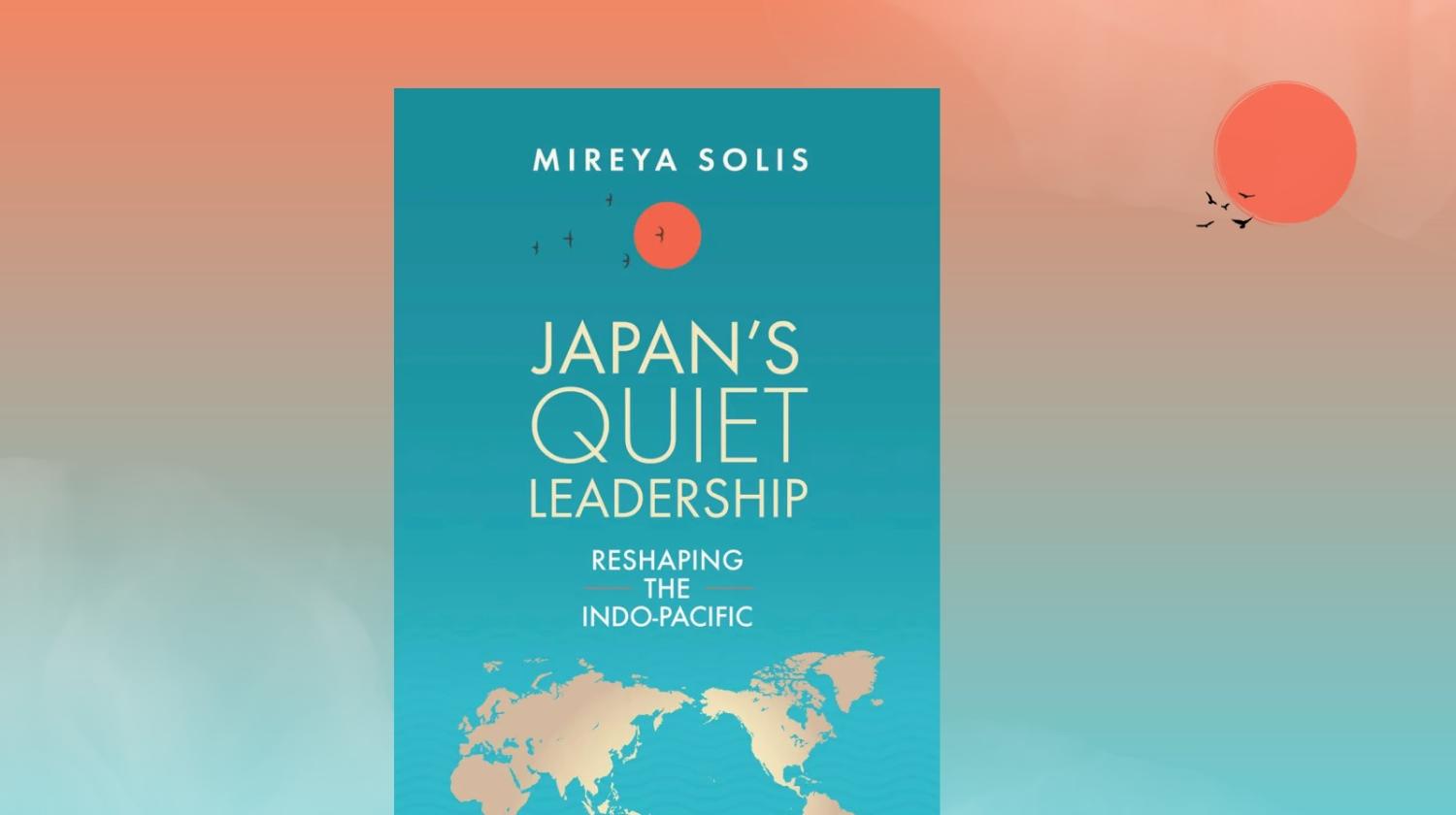
In her judicious survey of Japan’s economics and politics over the last three decades, Solís argues that the country has left stagnation behind to emerge as a regional “network power par excellence.” - Foreign Affairs
Named one of "The Best of Books 2024" by Foreign Affairs
